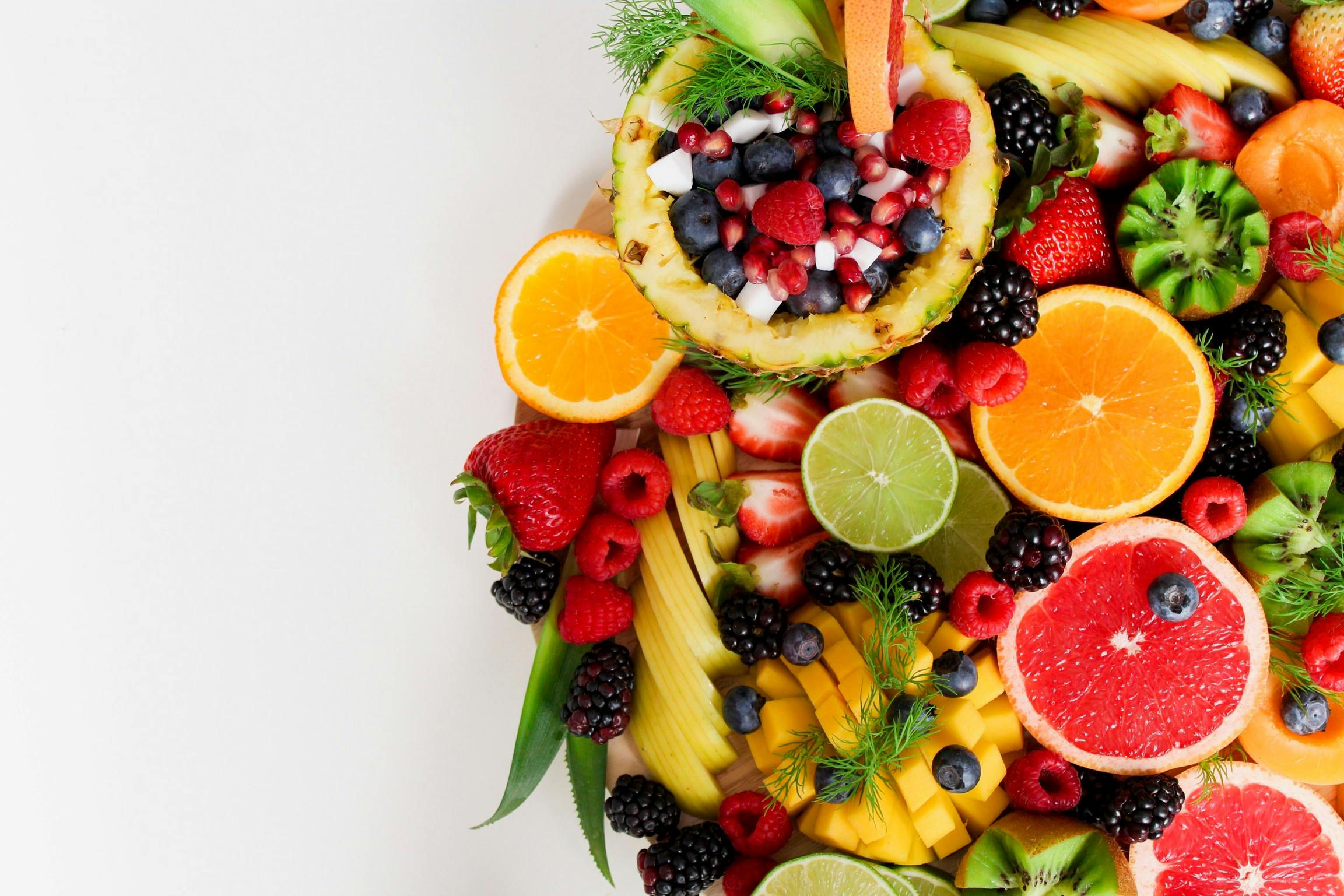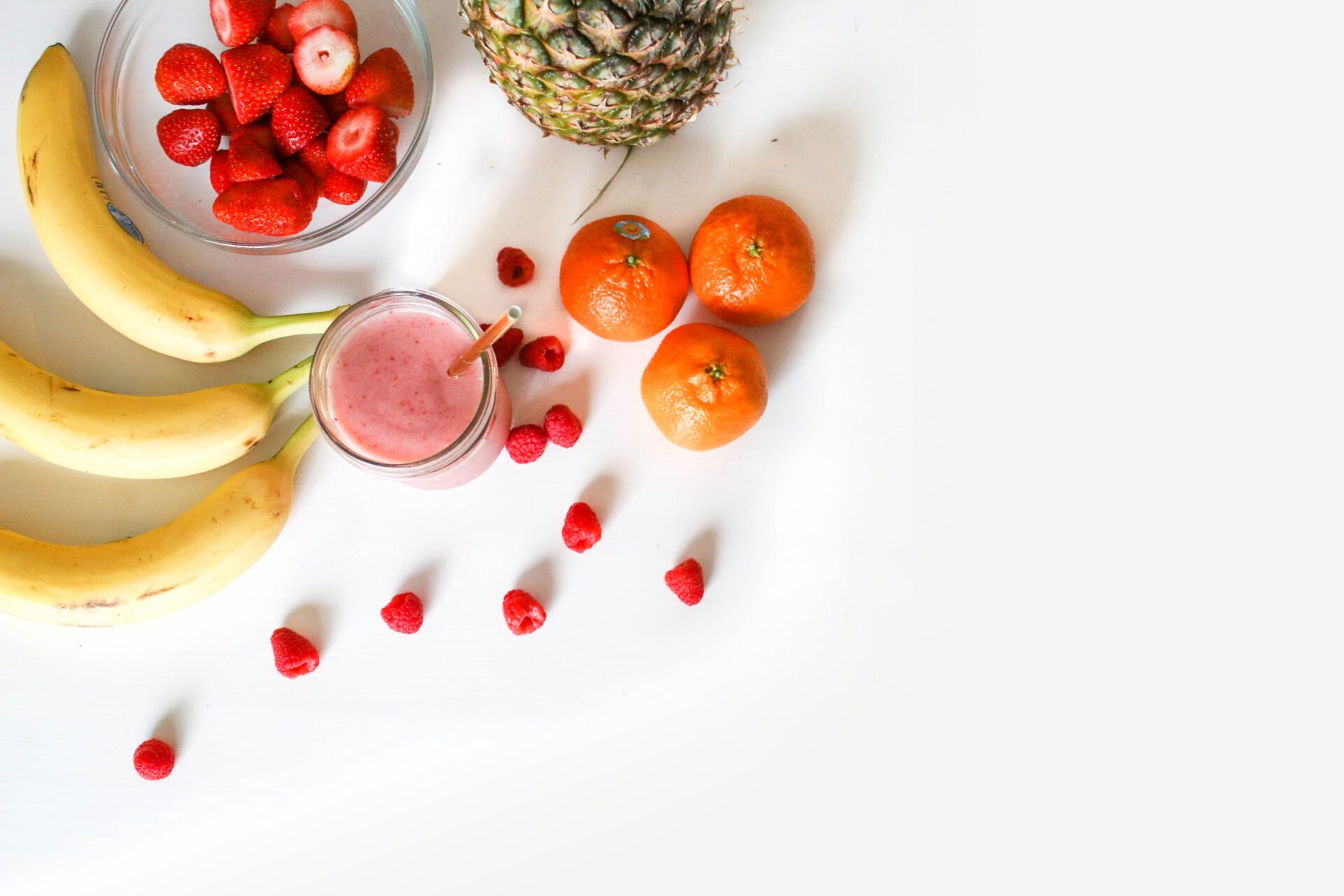Strawberries are a delicious and nutritious addition to any garden. But to ensure that your strawberry plants are strong and healthy, you need to make sure that you are using the right fertilizer. In this article, we will discuss what the best fertilizer for strawberries is, and how to use it correctly.The best fertilizer for strawberries is one that is high in nitrogen and potassium, such as a 10-10-10 or 8-12-4 fertilizer. Additionally, a fertilizer with some phosphorus can also be beneficial. It’s important to avoid using too much nitrogen, however, as this can lead to excessive growth of the foliage at the expense of fruit production.
Types of Fertilizers Suitable for Strawberries
Fertilizers are essential for the growth and development of strawberries. For healthy and productive plants, fertilizers help to provide the required nutrients. The type of fertilizer used must be suitable for strawberries. Some of the most common types of fertilizers suitable for strawberry plants include nitrogen-based fertilizers, phosphorus-based fertilizers, potassium-based fertilizers, and organic matter-based fertilizers.
Nitrogen-based fertilizers are ideal for increasing foliage growth in strawberry plants. These are generally applied in early spring to promote vegetative growth. They help to enhance the green color and vigor of the plant and also help to improve the nutrient content in the soil. Examples of nitrogen-based fertilizers include urea, ammonium nitrate, anhydrous ammonia, calcium nitrate, etc.
Phosphorus-based fertilizers help to promote flower production and fruiting in strawberry plants. These should be applied before or during flowering stage to get maximum benefit from these nutrients. Common phosphorus-based fertilizer includes monoammonium phosphate (MAP) and triple superphosphate (TSP).
Potassium-based fertilizers aid in improving overall plant health and development of strawberry plants. These help to increase disease resistance power of plants as well as improve root development and water absorption efficiency by plants. Potassium chloride is a commonly used potassium-based fertilizer recommended for use in strawberry cultivation.
Organic matter-based fertilizers are also beneficial for strawberry cultivation as they supply a range of essential nutrients along with organic matter which helps to improve soil structure and promote microbial activity in soils which ultimately helps to improve nutrient availability in soil for better root development of strawberry plants. Examples include compost, manure, fish emulsion, seaweed extract etc.
How To Select The Right Fertilizer For Strawberries
Choosing the right fertilizer for your strawberries is an important part of successfully growing this delicious fruit. Strawberries are a relatively easy to care for crop, but they do require some special attention when it comes to fertilizer. Here are a few tips to help you select the right fertilizer for your strawberry plants.
First, it’s important to choose a fertilizer that is specifically designed for strawberries. This will ensure that your plants get the right nutrients they need to thrive. Look for a fertilizer that is high in nitrogen, which will help promote strong foliage growth. Additionally, phosphorus and potassium are also essential for healthy strawberry plants.
It’s also important to select a fertilizer that has all the necessary micronutrients, such as zinc and iron. These micronutrients will help ensure that your plants are getting all the vitamins and minerals they need to produce sweet and juicy berries. Look for a balanced fertilizer that contains these essential nutrients in the proper proportions.
When applying the fertilizer, it’s important to follow the instructions on the packaging carefully. Too much or too little can be damaging to your strawberry plants, so make sure you follow directions exactly as written on the package. Additionally, avoid applying too much nitrogen as this can cause excessive foliage growth and reduce berry production.
Finally, it’s also important to note that fertilizing your strawberries should be timed according to when they’re most actively growing and producing fruits- typically during early spring and late summer months- so make sure you apply your fertilizers at these times of year only and avoid over-fertilizing at other times of year when plant growth slows down or stops altogether.
With these tips in mind you should have no problem selecting the right fertilizer for your strawberry plants and getting great results!
Fertilizing Strawberries
Fertilizing strawberries is an important part of maintaining a healthy crop. In order to ensure that your strawberries get the nutrients they need, it is important to apply fertilizer correctly and at the right time. Here are some tips for applying fertilizer to strawberries:
Timing
When fertilizing strawberries, timing is key. It is best to fertilize your strawberry plants in early spring, just as they are beginning to produce new leaves. This will ensure that your plants have plenty of nutrients when they are growing quickly and setting fruit. You can also fertilize again in mid-summer for an extra boost of nutrients.
Type of Fertilizer
When selecting a fertilizer for your strawberry plants, make sure to choose one specifically designed for fruiting plants such as tomatoes or strawberries. These fertilizers contain the necessary nutrients that will help your plants produce healthy fruit. Avoid using chemical fertilizers or those with high levels of nitrogen as these can burn the roots and leaves of your strawberry plants.
Application
It’s important to apply fertilizer correctly in order to avoid damaging your strawberry plants. Start by spreading the fertilizer around the base of each plant, taking care not to let it touch the foliage. Then water well so that the fertilizer can be absorbed into the soil. It’s also a good idea to add a layer of mulch around each plant to help retain moisture and keep weeds away.
By following these tips for applying fertilizer to strawberries, you can ensure that your plants get all the nutrients they need for a successful harvest!
The Benefits of Using Organic Fertilizers on Strawberries
Organic fertilizers are beneficial for strawberry plants as they provide much needed nutrition for growth and production. They also help to balance the soil’s Ph levels, making the soil more suitable for strawberry plants. Organic fertilizers are also slow-release, which means that they provide continuous nutrition over a longer period of time than synthetic fertilizers. This prevents the plants from being “burned” by too much fertilizer at once. Additionally, organic fertilizers help to improve the structure of the soil and increase its water-holding capacity.
Using organic fertilizer on strawberries can help to reduce pest and disease problems that can be caused by chemical fertilizers. By providing better nutrition, organic fertilizers can also help to increase yields and improve fruit quality. Organic fertilizer is also more environmentally friendly than synthetic fertilizers as it does not leach chemicals into the surrounding environment. Furthermore, organic fertilizers often contain beneficial microbes which can help to further improve soil structure and fertility.
Organic fertilizer is an important tool in maintaining healthy strawberry plants and increasing yields. By providing essential nutrients in a slow-release form, organic fertilizers can help to ensure that strawberry plants are well nourished while also reducing the risk of fertilizer burn or environmental damage from chemical leaching.

Hazards of Using Chemical Fertilizers on Strawberries
Using chemical fertilizers on strawberries can have a number of adverse effects. Chemicals used in fertilizers can be hazardous to the soil, plants, and the environment. The chemicals can leach into water supplies and contaminate drinking water. Some of these chemicals can also enter the food chain and cause health issues for animals and humans.
Chemical fertilizers can also cause an imbalance in the soil’s nutrient content, leading to poor crop yields. When too much fertilizer is applied, it can burn plant roots or prevent them from absorbing nutrients from the soil. This can lead to stunted growth, wilting, and eventual death of the plant. Over-fertilizing also increases the risk of nutrient runoff into nearby waterways which can lead to algal blooms and other environmental issues.
In addition, chemical fertilizers are often made up of non-organic materials that do not break down easily in the environment. This means that they will remain in the soil for a long period of time and can prevent beneficial organisms from growing or thriving. The chemicals can also accumulate over time, leading to an unhealthy buildup that may be toxic to plants and animals.
Finally, using chemical fertilizers on strawberries is expensive and not cost-effective. Because they are not naturally occurring substances, they must be constantly replenished which increases costs for farmers and gardeners alike. Additionally, any damage caused by chemical fertilizer use may require costly repairs or replacements later on down the road.
For these reasons, many farmers and gardeners opt for natural organic alternatives when it comes to fertilizing strawberries or other crops. Organic methods are safer for both people and plants as well as more cost-effective in the long run.
What To Avoid When Fertilizing Strawberries
It is important to ensure that the soil in which the strawberries are planted is properly fertilized. However, there are certain things that should be avoided when fertilizing strawberries. Firstly, avoid using too much nitrogen-based fertilizer. Too much nitrogen can cause the plant to produce more leaves than fruit and can also lead to disease. Secondly, avoid using a fertilizer with high levels of phosphorus as this may produce excessive flowering and reduce fruiting. Finally, avoid using a slow-release fertilizer as this will not provide the necessary nutrients quickly enough for the strawberry plants.
It is also important to make sure that the soil pH is between 6 and 7 for optimal growth of strawberry plants. Additionally, it is important to water regularly and mulch around the plants in order to conserve moisture. Finally, it is important to rotate crops in order to reduce pests and disease problems associated with strawberries. By following these guidelines when fertilizing strawberries, you will ensure that your plants remain healthy and productive for many years to come.
Organic Fertilizers For Strawberries
Organic fertilizers are an important part of providing essential nutrients to strawberries. Organic fertilizers can provide a natural boost to the soil that helps improve the quality and yield of strawberry crops. There are many different types of organic fertilizers available for strawberries, each with their own unique advantages. Some of the most popular types of organic fertilizers for strawberries include:
Compost
Compost is one of the most popular types of organic fertilizer for strawberries. Compost is made from natural materials such as leaves, grass clippings, kitchen scraps, and manure. It provides a rich source of nutrients and beneficial organisms that help to improve the structure and fertility of soil. It also helps to retain moisture in the soil, which can be especially helpful during dry periods.
Mulch
Mulch is another type of organic fertilizer that can be used for strawberries. Mulch is a layer of material placed over the topsoil to help conserve moisture and reduce weeds. It also helps create a more hospitable environment for beneficial organisms that help break down organic matter in the soil. Mulch can be made from materials such as wood chips, straw, or grass clippings.
Manure
Manure is another type of organic fertilizer that can be used for strawberry crops. Manure provides a rich source of nitrogen, phosphorus, and potassium, which are essential for plant growth and health. Manure also helps to break down organic matter in the soil and adds beneficial bacteria and fungi that help promote healthy plant growth. Manure should be applied carefully because it can burn plants if applied too heavily or at too high temperatures.
Fish Emulsion
Fish emulsion is another type of organic fertilizer that can be used for strawberry crops. Fish emulsion contains high amounts of nitrogen, phosphorus, potassium, calcium, magnesium, iron, zinc, boron, copper, molybdenum and sulfur – all essential nutrients needed by plants to grow healthy and strong fruit-bearing plants. Fish emulsion has an odor so it should not be applied near homes or other buildings where people may find it unpleasant or offensive.
Overall organic fertilizers are an important part of providing essential nutrients to strawberries in order to produce healthy fruit-bearing plants with good yields each year!

Conclusion
Organic fertilizers such as compost, manure, and coffee grounds are the best options for fertilizing strawberries. These organic fertilizers provide essential nutrients to the soil and help improve soil structure. They also help retain moisture in the soil and improve drainage. Inorganic fertilizers such as synthetic nitrogen-based fertilizers may be more convenient to use, but they can cause serious damage to the environment if used in excess.
It is important to understand that strawberries require regular fertilization throughout their growing season in order to remain healthy and productive. Regularly adding organic matter to the soil helps ensure that plants have access to all of the essential nutrients they need for growth and development.
Whether you choose an organic or inorganic fertilizer for your strawberry plants, it is important to monitor the amount of fertilizer used as well as the frequency of application. Over-fertilizing can lead to nutrient burn, which can damage or even kill your plants. Additionally, be sure to use a fertilizer that is specifically formulated for strawberries so that you can ensure your plants get all of the nutrients they need without risking any potential harm from over-fertilization.
In conclusion, when it comes to finding the best fertilizer for strawberries, organic matter is always your best bet. Organic compounds provide essential nutrients while helping improve soil structure and drainage without causing any environmental harm. Additionally, it is important to use a fertilizer specifically formulated for strawberries and apply it at appropriate intervals in order to ensure optimal health and productivity of your plants.



